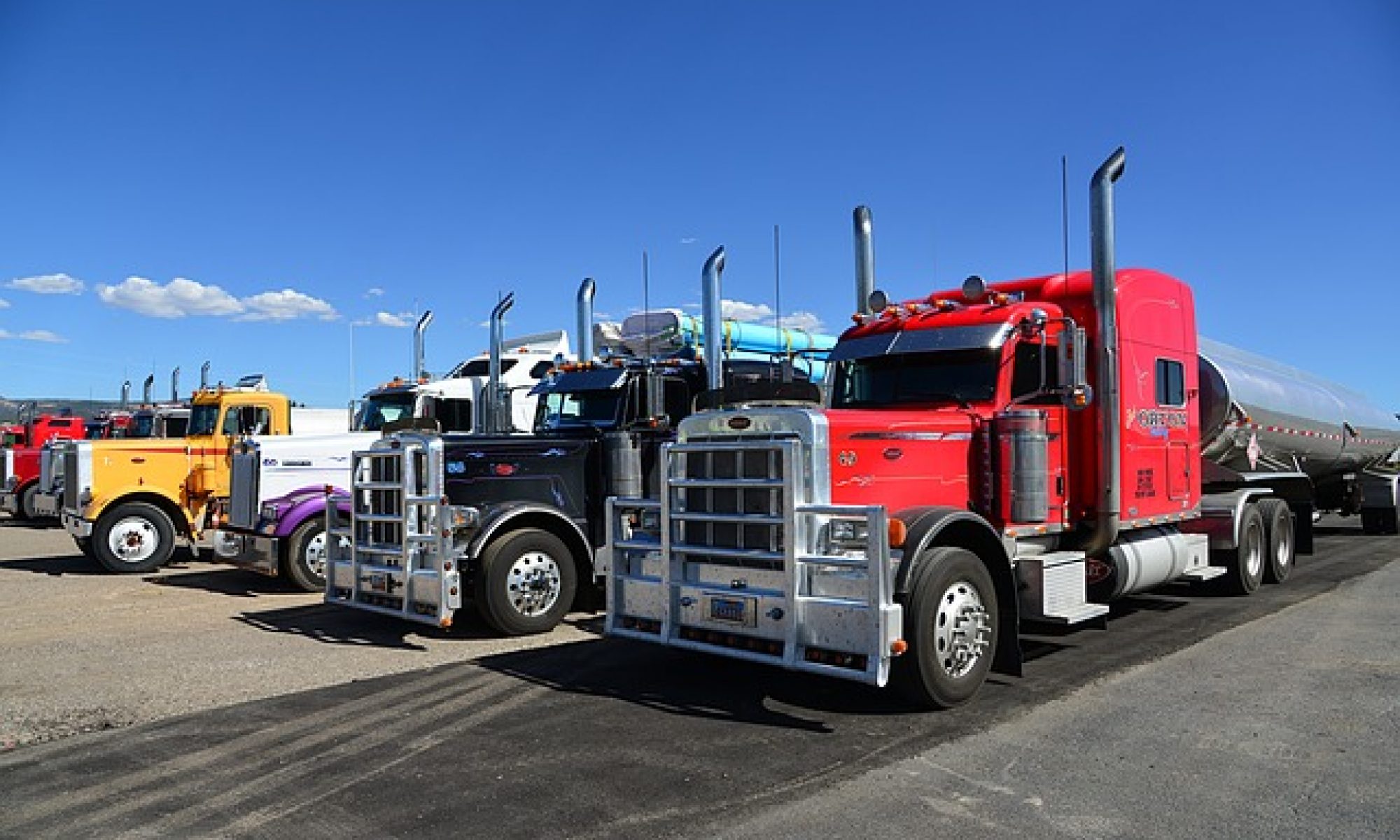Don’t Let Winter Weather Crack Your Investment: How Monroe’s Freeze-Thaw Cycles Demand the Right Paver Choice
Monroe, North Carolina experiences a climate that presents unique challenges for hardscaping materials, particularly during winter months when temperatures fluctuate around the freezing point. These freeze-thaw cycles can be devastating to improperly selected pavers, leading to cracking, shifting, and costly repairs that no homeowner wants to face come spring.
Understanding Monroe’s Climate Challenge
Located in the Piedmont region of North Carolina, Monroe experiences a humid subtropical climate with winter temperatures that regularly hover around 32°F. This creates the perfect storm for freeze-thaw damage: water penetrates paver joints and porous materials during warmer days, then expands by approximately 9% when temperatures drop below freezing at night. This constant expansion and contraction cycle puts tremendous stress on paving materials, making proper selection crucial for long-term durability.
The Science Behind Freeze-Thaw Damage
When water freezes within paver materials or joints, it creates hydraulic pressure that can exceed 25,000 pounds per square inch. This immense force can cause even seemingly sturdy materials to crack, spall, or completely fail. The problem is compounded in Monroe’s climate because the frequent temperature fluctuations mean this process repeats dozens of times throughout a typical winter season.
Choosing Freeze-Thaw Resistant Pavers
Not all pavers are created equal when it comes to winter durability. Here are the key characteristics to look for when selecting pavers for Monroe’s climate:
Low Water Absorption Rate
The most critical factor is selecting pavers with low water absorption rates, typically less than 3%. Concrete pavers that meet ASTM C936 standards and natural stone options like granite or dense limestone perform exceptionally well. Avoid highly porous materials like certain sandstones or low-grade concrete pavers that can absorb significant amounts of water.
High Compressive Strength
Pavers with high compressive strength (minimum 8,000 psi for concrete pavers) can better withstand the internal pressures created by freezing water. This strength rating ensures the material won’t crack under the hydraulic pressure generated during freeze-thaw cycles.
Proper Thickness
Thicker pavers (minimum 2.375 inches for vehicular applications, 1.5 inches for pedestrian areas) provide better structural integrity and are less susceptible to cracking from freeze-thaw stress. The additional mass helps distribute forces more evenly throughout the material.
Installation Considerations for Winter Durability
Even the best pavers can fail if not properly installed. Key installation factors include:
- Proper Base Preparation: A well-compacted aggregate base with proper drainage prevents water accumulation beneath pavers
- Joint Sand Selection: Polymeric sands that resist washout and provide flexible joints help accommodate thermal movement
- Edge Restraints: Solid edge restraints prevent lateral movement during freeze-thaw cycles
- Slope and Drainage: Proper grading ensures water moves away from paved surfaces rather than pooling
Recommended Paver Types for Monroe
Based on Monroe’s specific climate challenges, these paver types offer the best performance:
High-Quality Concrete Pavers
Modern concrete pavers manufactured to ASTM standards offer excellent freeze-thaw resistance when properly selected. Look for pavers with air-entrained concrete that creates tiny air bubbles to accommodate ice expansion.
Natural Stone Options
Granite, dense limestone, and bluestone provide excellent durability in freeze-thaw conditions. These materials have been tested by centuries of weather exposure and offer both beauty and performance.
Permeable Pavers
Counterintuitively, properly designed permeable pavers can actually perform better in freeze-thaw conditions because they allow water to drain through rather than accumulating on the surface or in joints.
Professional Installation Makes the Difference
While selecting the right materials is crucial, professional installation ensures optimal performance. Experienced contractors understand Monroe’s specific soil conditions, drainage requirements, and climate challenges. When searching for quality Pavers Monroe, NC installation, choose contractors who understand local conditions and use proven installation techniques designed for freeze-thaw resistance.
Maintenance for Longevity
Even freeze-thaw resistant pavers benefit from proper maintenance:
- Regular joint sand replenishment to maintain stability
- Prompt repair of any settled or damaged pavers
- Proper drainage maintenance to prevent water accumulation
- Seasonal inspection for early detection of potential issues
The Investment Protection Perspective
While freeze-thaw resistant pavers may cost more initially, they represent significant long-term value. The cost of replacing failed pavers, repairing damaged surfaces, and addressing safety hazards from cracked or uneven surfaces far exceeds the upfront investment in quality materials and installation.
Monroe homeowners who invest in properly selected and installed pavers can enjoy beautiful, durable hardscaping that withstands the region’s challenging freeze-thaw cycles year after year. By understanding the science behind winter damage and making informed material choices, you can ensure your paver investment provides decades of reliable performance and aesthetic appeal, regardless of what winter weather brings.

